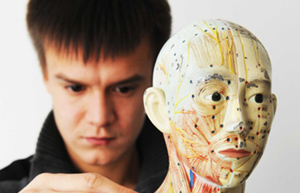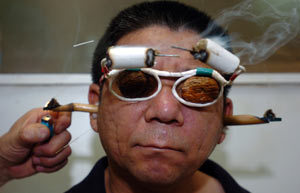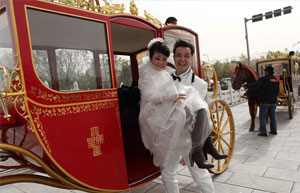Import tax on iPads should be reduced
Updated: 2010-11-15 14:55
(China Daily)
The imposition of a 1,000-yuan ($150) import tax on Apple iPads has triggered a heated debate among the public. Though most imported goods must be taxed, the tax on items of personal, as opposed to commercial, use should be lighter, says an article in China Youth Daily. Excerpts:
People returning from abroad with newly bought iPads have been complaining about the high import tax. They say the import tax of items of personal use should not be so high.
| |||||||
Besides, the tax authorities have imposed the 1,000-yuan iPad tax assuming that each costs 5,000 yuan ($750).
But iPads are available for about 4,000 yuan in Hong Kong. Also, the import tax should be 17 percent of the total value of an iPad, instead of the 20 percent being charged now.
There are people who may argue that the import tax on some goods have to be high to protect the interests of domestic industries. It is true that home industries will suffer if smuggled goods flood the domestic market. But does that logic apply to iPads?
Instead of curbing smuggling, the high tax on iPads is making its users lose money, which is against public interest.
Paper's Digest

China bags Asiad team tennis title after 24 yrs
Wimbledon semifinalist Li Na led host China to capture the team tennis title on Tuesday at the Asian Games, accomplishing her Asiad tour with three consecutive victories.
China rate rises no panacea to curb inflation: PBOC adviser
Specials

Russian possessed with TCM
Born into a family of doctors, Maxime became interested in Traditional Chinese Medicine (TCM) at the age of 12, after hearing about TCM theories such as health preservation and recuperation.

Acupuncture takes stab at UNESCO list
Acupuncture and Peking Opera have been selected as candidates for UNESCO intangible cultural heritage status.

The wedding coach comes back to life
A groom carries his bride from a wedding coach in Xuchang, Henan province, Nov 11, 2010. Produced a local factory, various original hand-made wedding carriages were displayed on the streets, attracting young people chasing fashion and an environment-friendly lifestyle.




